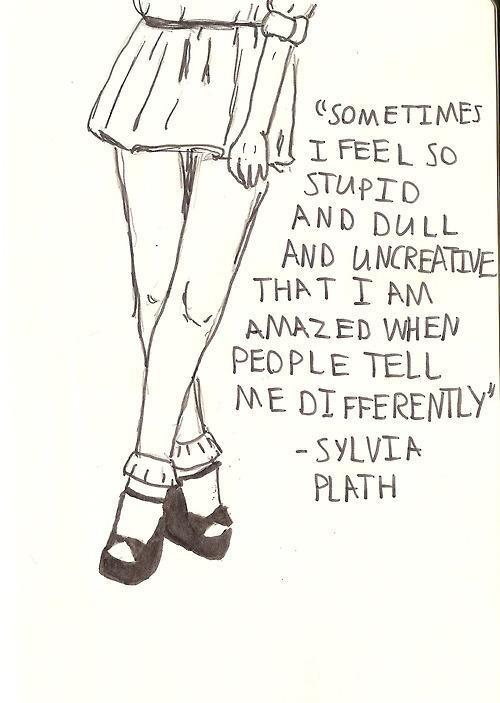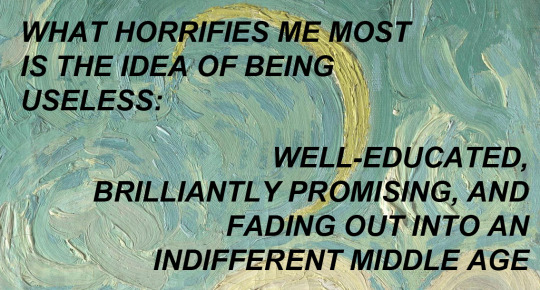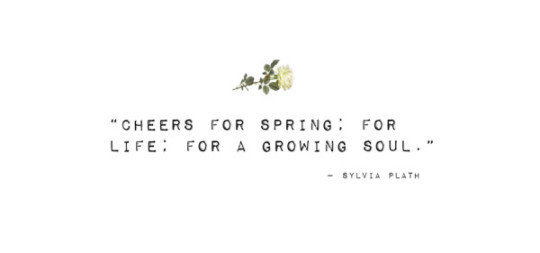
Background
Sylvia Plath was born on October 27, 1932 in Boston, Massachusetts. At the age of 8, her father passed away and her grief fueled many of her poems for the rest of her life. In 1950, Plath attended Smith College in Massachusetts on a scholarship and had thoroughly proven herself as a talented young writer. After struggling with depression, Plath went to Cambridge University and married Ted Hughes, another poet, in 1956. After some time in Massachusetts, Plath returned to England in 1959, published The Colossus in 1960, and had her first child, Freida. Two years later, after having a second child, Nicholas, her marriage ended. Falling into depression, Plath wrote The Bell Jar which was based on her life and her struggles again mental breakdowns. On February 11, 1963, Sylvia Plath committed suicide and die from carbon monoxide poisoning. Years after her death, her legacy as a brilliant writer lives on. Plath became the first person to win a posthumous Pulitzer Prize in 1982.
Works
The Colossus- 1960 (Collection of poems)
The Colossus- 1960 (Collection of poems)
The Bell Jar- 1963
Ariel- 1965 (Collection of poems)
The Unabridged Journals of Sylvia Plath- 1950-1962 (published 2002)
Ariel- 1965 (Collection of poems)
The Unabridged Journals of Sylvia Plath- 1950-1962 (published 2002)
Quotes

via
"I took a deep breath and listened to the old brag of my heart. I am, I am, I am."

via
"Let me live, love and say it well in good sentences"
(I used this as my leader quote because I loved it so much!)

via
"The hardest thing is to live richly in the present without letting it be tainted out by fear for the future or regret for the past."
"I took a deep breath and listened to the old brag of my heart. I am, I am, I am."
via
"Let me live, love and say it well in good sentences"
(I used this as my leader quote because I loved it so much!)

via
"The hardest thing is to live richly in the present without letting it be tainted out by fear for the future or regret for the past."

via

via
"I shut my eyes and all the world drops dead;
I lift my lids and all is born again"
Learn More
Also
This is a fascinating article about the science behind creativity and explores the neuroscience and hereditary factors of "the tortured artist."
Happy Reading!
xoxo
Anastasia
xoxo
Anastasia


I always love reading quotes by Sylvia Plath.
ReplyDeleteTegan xx - Permanent Procrastination
I know. They're so beautiful.
Delete-Anastasia